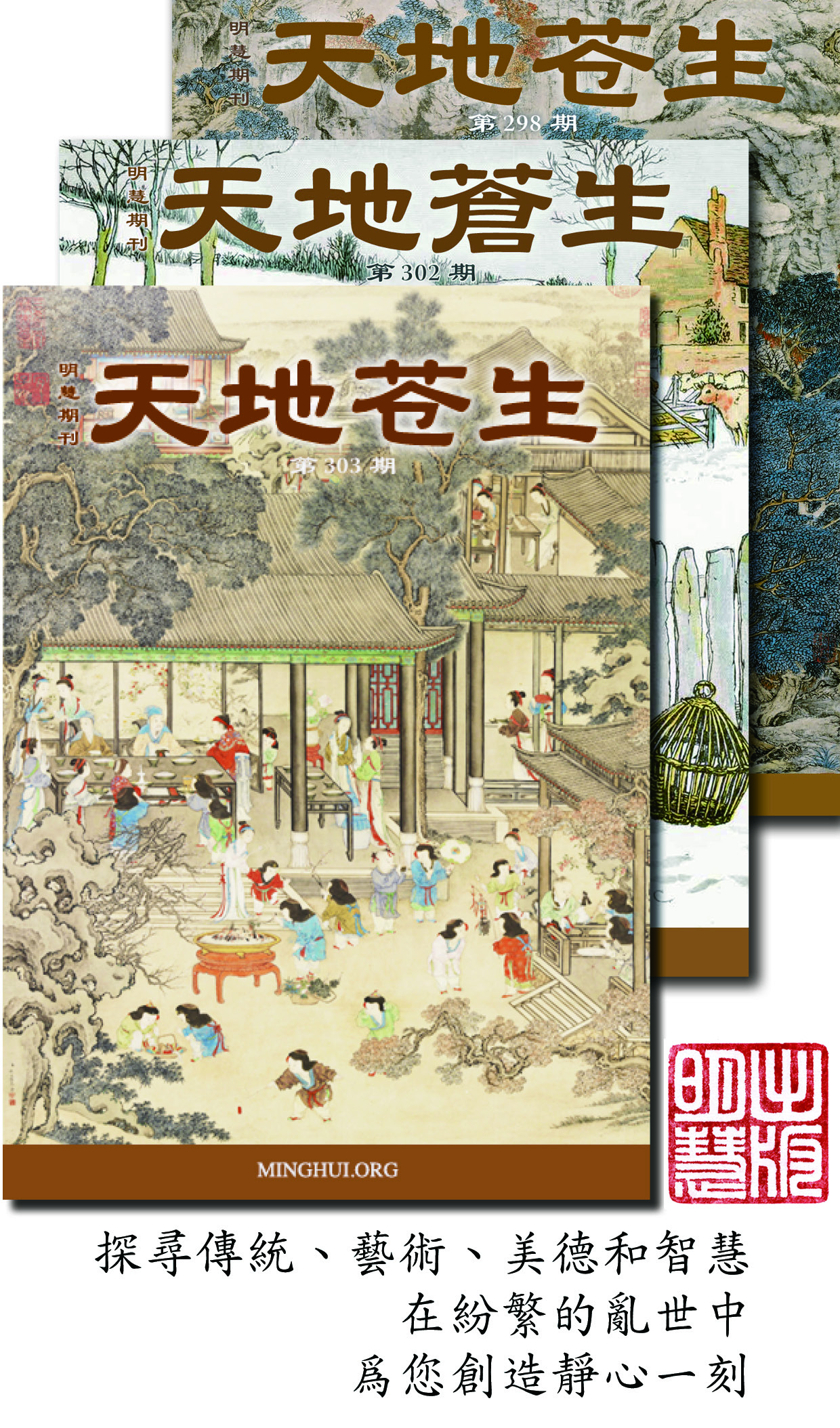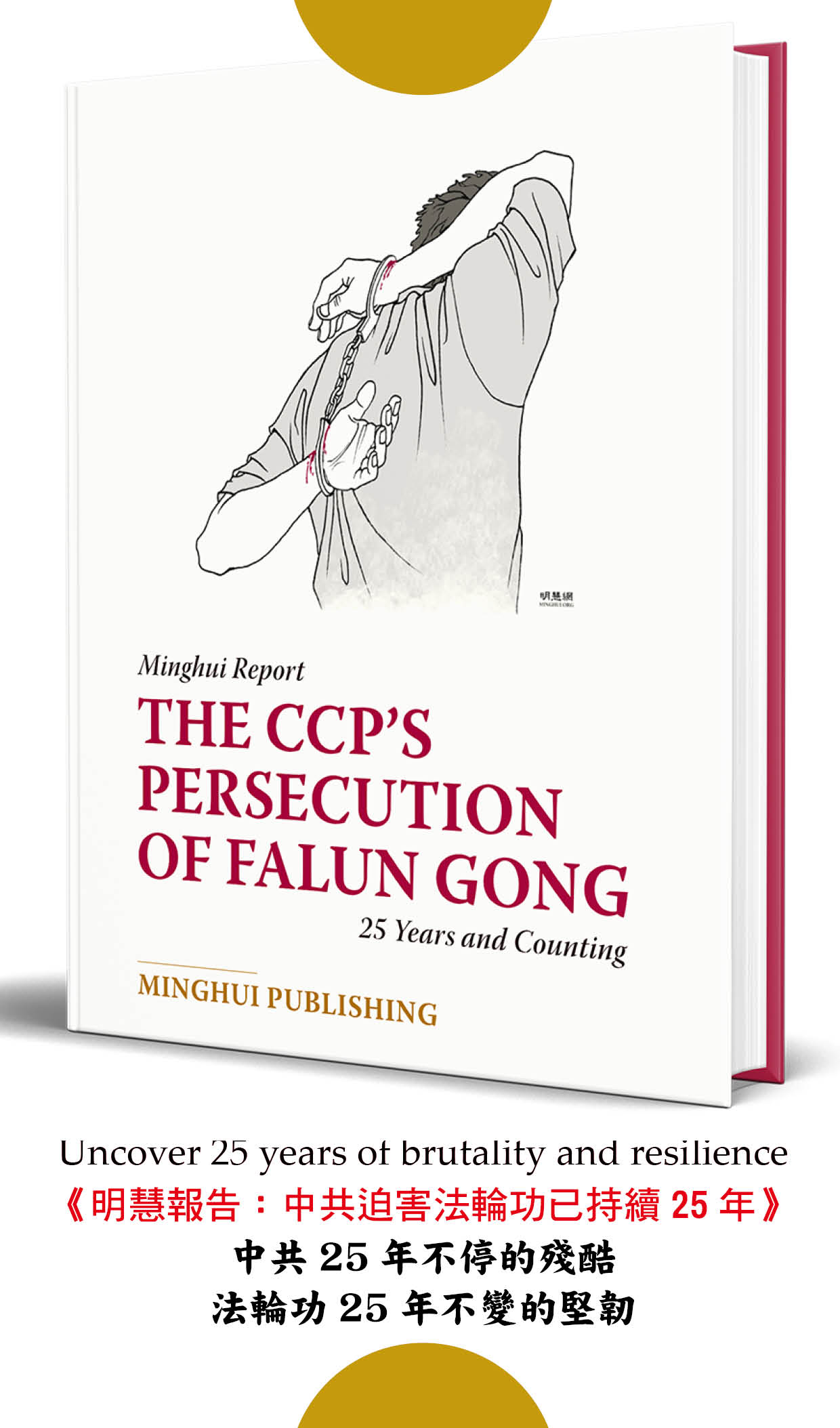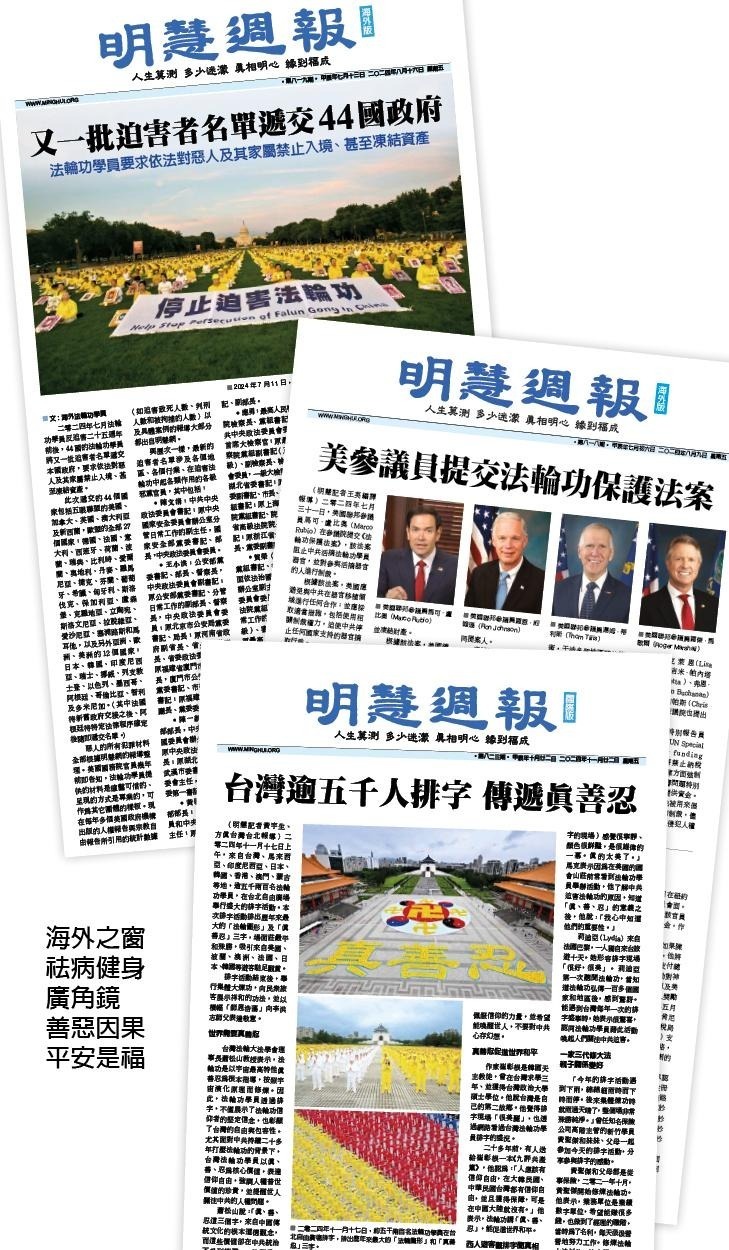纽约时报: 中国试图扭转受到的人权批评
联合国,3月6日--克林顿当局决定在日内瓦的联合国人权会议上谴责中国的人权纪录后,中国正试图依赖频繁的外交的和惯用手腕以逃避批评。
这在过去成为被谴责的目标时曾是有效的办法。
中国在联合国的代表沈国放在一次采访中说:“如果美国当局决定发起反中国的决议,我们相信,象以前一样,委员会的大多数会站在中国这边。他们不想在委员会中看到对抗。”
沈先生预测说美国不会得到欧洲的有力支持。一些西方的外交官说中国善于玩弄经济利益使美国和欧洲相抵触.
沈先生说:“中国已经与欧洲有对话以解释其纪录”,他补充说:“应和美国有更多的对话,美国对中国主要的不满也许是中国的社会主义制度。”
沈先生说:“我们当然有提高的余地,但自从七十年代,当中国开始开放经济,并开始其它改革,中国已发生了巨大的变化,中国现在的人权是有史以来最好的。”
一名外交家兼人权官员指出中国已采取与人权监测合作步骤,他说,公开的批评令北京反感。当联合国人权高级官员---玛丽罗宾逊在中国说人权状况恶化时,官员们警告她不要提法轮功问题,或其它她强调过的问题。
象中国或俄罗斯这样强大和固执的国家,当车臣(Chechnya)成为议题时,美国--联合国系统可以提供很多办法(包括从安理会一直到在地下室召开的附属委员会会议)以避免公开的监视和难堪的场面,。
官方的职能不是唯一的焦点。放映电影,艺术展览,新闻工作者新闻发布会,甚至世界范围的宗教服务可以被来自不同国家的压力阻止。中国被认为是在否认批评方面最活跃的国家之一,包括禁止达赖喇嘛在联合国的活动中露面。
外交家和人权倡导者说,在今年从3月20日开到4月底的日内瓦年度委员会议之前,中国已展开了双渠道的辩护。
在日内瓦,通过预先疏散的议会技巧--“无行动”动议,预期中国试图把美国发起的针对其人权的决议排除在全体委员会的议事日程之外。借助其它亚洲,非洲和一些拉丁美洲国家的支持,中国几乎每年都使决议事先被取消,它一被讨论就被否决。
印度,上周她的人权纪录被称作充满了“严重的践踏”,排在中国之后,再之后是伊朗。通过第二个渠道,中国做工作以禁止中国或西藏的流放者组织获得听证会。今年它已经成功地把中国人权--在纽约由著名的流放者领导的组织,排除在外。
方励之,现在美国教学的天文学家,和中国人权的Robert Bernstein是中国人权的联合主席;萧强,另一名流亡的科学家,曾和中国的人权启蒙运动组织,尤其是1989年天安门广场受害者的母亲们紧密合作,是执行长官。
人权组织和联合国官员说,联合国系统内过去在日内瓦的委员会议由于对非政府组织的开放而与众不同。但是他们说这也许会改变。人权观察在联合国的代表Joanna Weschler说在当前由19名成员组成的负责审批独立组织获得“咨询身份”的委员会,对非政府组织的容忍正在缩减。
华盛顿的罗伯特肯尼迪人权纪念中心的亚洲项目主管Margaret Huang说,委员会“现在对非政府组织不是非常友好”,一些西方外交家同意这种说法。
肯尼迪中心去年使萧先生成为她的代表,被批评是开后门。萧先生说:“今年我第一次感到不能讲话,如果我们不说话,中国问题将从委员会消失。”
By BARBARA CROSSETTE
UNITED NATIONS, March 6 --With the Clinton administration determined to have China"s record on human rights condemned by the United Nations Human Rights Commission in Geneva, the Chinese are relying on intensive diplomacy and procedural ploys to escape criticism. It is a system that has worked well in the past for would-be targets of condemnation.
"If the U.S. administration decides to sponsor the anti-China resolution, we believe, like in previous situations, the majority of the commission will be on China"s side,"Shen Guofang, China"s deputy representative at the United Nations said in an interview. "They don"t want to see a confrontation in the commission." Mr. Shen predicted that the United States would not get the solid support of Europe. Some Western diplomats here say the Chinese have been able to play American and European commercial interests against one other with considerable success. China has had "dialogues" with European countries to explain its record, Mr. Shen said, adding that there should be more talks with the United States, whose main irritant may really be China"s socialist system, he said. "Of course we have some room for improvement," Mr. Shen said. But since the 1970"s, when China began to open its economy and begin other reforms, there have been big changes, he said. "China now has the best human rights situation in its history." Diplomats and human rights officials, who point to steps China has begun taking to cooperate with rights monitors, say that public criticism is anathema to Beijing. When the United Nations high commissioner for human rights, Mary Robinson, said in China that the rights situation had declined, officials warned her not to raise the issue of Falun Gong, the banned religious sect, or other problems that she has highlighted.
For a powerful and determined country like China -- or Russia, when Chechnya is at issue, or at times the United States -- the United Nations system can offer many ways to avoid public scrutiny and embarrassing moments, from the Security Council all the way down to subcommittees meeting in basement rooms.
Official functions are not the only focus. Film screenings, art exhibitions, journalists" briefings and even ecumenical religious services can be blocked by pressure from various nations. China is considered one of the most active in denying a platform for critics, including the Dalai Lama, who is effectively barred from United Nations events.
Ahead of the annual commission meeting in Geneva, which this year runs from March 20 until the end of April, China has been running a two-track defense, diplomats and human rights advocates say.
In Geneva, the Chinese are expected to try to keep an American-sponsored resolution on its human rights record off the full commission"s agenda by using a pre-emptive parliamentary technique, a "no action" motion. With support of other Asian, African and some Latin American countries, China has managed to have the resolution struck in advance nearly every year; once it was discussed and defeated.
India, whose rights record the State Department last week characterized as rife with "significant abuses," backs China, as does Iran.
On a second track, China works to bar organizations of Chinese or Tibetan exiles from getting a hearing there. This year it has already succeeded in excluding Human Rights in China, a New York-based group led by prominent exiles.
Fang Lizhi, an astrophysicist now teaching in the United States, is co-chairman with Robert Bernstein of Human Rights in China; Xiao Qiang, another scientist in exile who has worked closely with Chinese grass-rootsgroups, particularly the mothers of victims at Tiananmen Square in 1989, is executive director.
Human rights groups and United Nations officials say that in the past the commission meeting in Geneva had been unique within the United Nations system in its openness to nongovernmental organizations. But the say that may be changing.
Joanna Weschler, Human Rights Watch"s representative at the United Nations, said that tolerance for nongovernmental organizations, known as NGO"s, has generally been shrinking under the current composition of a 19-member committee that is able to grant or deny "consultative status" to independent groups.
Margaret Huang, Asia program director for the Robert F. Kennedy Memorial Center for Human Rights in Washington, said the committee was "not very NGO-friendly now." Some Western diplomats agree.
The Kennedy center made Mr. Xiao a member of its delegation last year, and was criticized for giving back-door access. "This year I feel for the first time I may not be able to speak," Mr. Xiao said. "If we"re not going and don"t speak, Chinese issues are gone from the commission."

















